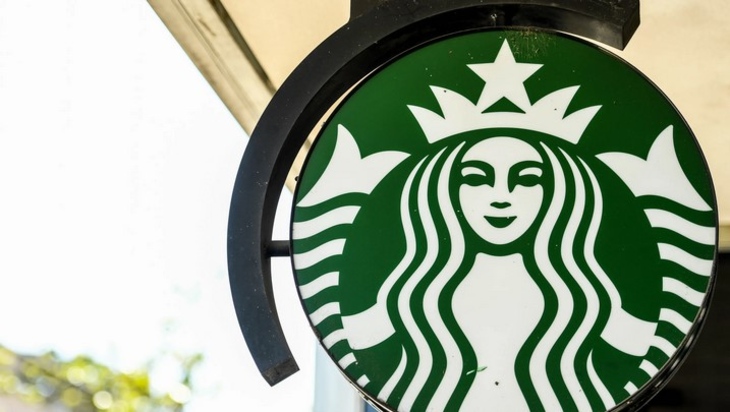
New Rule Enforces Order Requirement for Chatting in Coffeehouses in the U.S.
In a surprising move, new regulations have been introduced across the United States that require patrons to make a purchase if they wish to engage in conversations inside coffeehouses, specifically at Starbucks locations. The controversial rule, set to go into effect later this month, has raised questions about the future of socializing in cafés and its impact on coffeehouse culture.
Under the new policy, individuals wishing to chat, work, or simply relax inside Starbucks stores must first place an order before they can occupy a table. The measure, which some say aims to ensure a steady flow of customers, has been met with both support and criticism.
Why the Change?
Starbucks officials say the rule is designed to maintain a fair and consistent atmosphere inside its stores, addressing concerns about customers occupying seats for extended periods without making purchases. The company has emphasized that this is an effort to create a more balanced environment, where paying customers can have a more enjoyable experience without disruption from non-purchasing individuals lingering for hours.
“We want to foster an environment where everyone can enjoy their time in our stores, but we also have to be mindful of our paying customers and our business model,” said a Starbucks spokesperson.
Public Response and Reactions
While some customers have expressed support for the new regulation, arguing that it ensures fair use of seating and prevents overcrowding, others feel the move is an overreach, particularly for those who enjoy using coffeehouses as informal meeting spots or places to socialize. Critics claim that the policy may limit people’s ability to gather casually, making the experience less welcoming.
“I understand that they need to make a profit, but it’s disappointing. A lot of people come here to relax, not just to drink coffee,” said one disappointed Starbucks regular.
Potential Impact on Local Cafes
While the policy is initially limited to Starbucks, its ripple effect could extend to other coffeehouse chains across the U.S. Smaller, independent cafés could also follow suit, or conversely, use this as an opportunity to offer a more relaxed and open environment for patrons to interact freely.
What’s Next?
As the rule rolls out in Starbucks locations nationwide, many are watching closely to see if similar policies will emerge across the coffee industry. For now, those wishing to chat in a Starbucks must be prepared to make a purchase – or risk being asked to leave.
This new regulation is likely to spark ongoing debates about the balance between business needs and the communal, social role that coffeehouses have played in society for decades.
